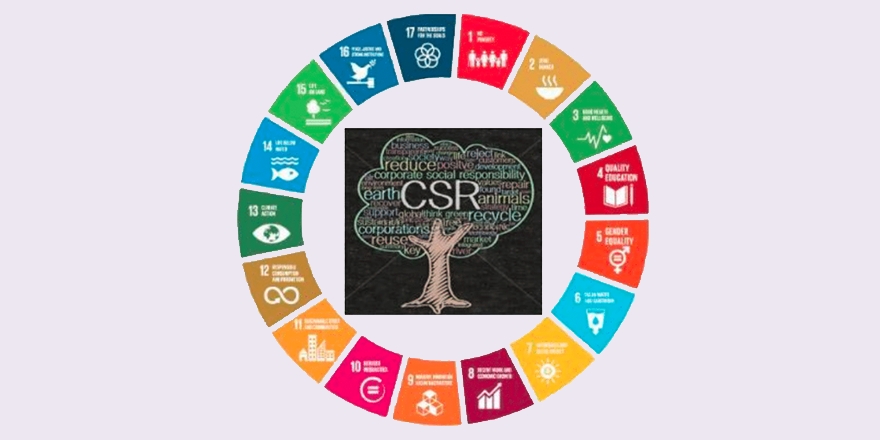
Executive Summary
Whilst travelling through Europe and China in 2015, I saw great examples of Corporate Social Responsibility (CSR) being undertaken by organisations, both in their countries of origin and through global pursuits.
Applying this concept to the New Zealand primary industry, I questioned whether more value would be possible for business when conducting CSR in conjunction with the United Nations Sustainable Development Goals (SDG’s), and it immediately became apparent that these two things needed to work hand in hand to enhance social and environmental outcomes for business.
Through discussing the concepts with organisations I became conscious that awareness of CSR andthe SDG’s was lacking.
The aim of this paper is to create awareness of the subject of CSR and to reinforce and challenge the need for the New Zealand primary sector to have a unified approach to the challenges of conducting business sustainably.
I aim to explore the SDG’s and discuss the benefit to integrate them throughout an organisations culture to form the basis of a unified approach to meeting the needs of society and the environment.
Having had an interest in how CSR can be best integrated into the New Zealand primary industry for some time, I have put this report together with knowledge and concepts gained during that period.
To continue on from this I have conducted a literature review to explore concepts to extend the knowledge gained.
With consumers becoming more informed of how businesses operate and choosing to purchase goods and services based on their ethical beliefs, the power of the consumer is greater than ever. Seventy-two percent of people globally say business is failing to take care of the planet and society as a whole (Accenture and Havas Media Group, 2014) and are adapting their spending habits to support businesses that are actively working to improve the life of society.
Corporate Social Responsibility is a movement aimed at encouraging companies to be more aware of the impact of their business on the rest of society, including their own stakeholders and the environment. (Financial Times, n.d.)
The Sustainable Development Goals are a set of global goals adopted by the governments of the United Nations in 2015 to help improve societal standards.
When both CSR and the SDGs are integrated into business together the following benefits can happen for an organisation.
- Driving growth
- Positive effects on company image and reputation
- Positive effects on employee motivation, retention, and recruitment
- Revenue increases from higher sales and market share
- New revenues from innovative products and services
- Lowering cost
- Reducing risk
- Being able to continue to operate in countries where future policies and legislations will be shaped by the SDGs
- Building trust
- Forging partnerships with other companies, governments and non-government organisations (NGO)
The framework for engaging the SDGs into the CSR function of an organisation may look like…
Identify relevant SDGs – Select SDGs that are relevant to the business and its supply chain
Goals – Set targets around what the organisation wants to achieve comparative to the baseline in relation to the SDGs
CSR engagement – CSR philanthropy aligned with the SDGs
Embed – Communicate a new way of thinking throughout the organisation
Implement – Specific projects engaging with the SDGs
Monitor – Utilise tools to assess impact
Report – Annual report written in line with Global Reporting Initiative or similar.
A primary industry approach to this would be beneficial to all of society including stakeholders.




